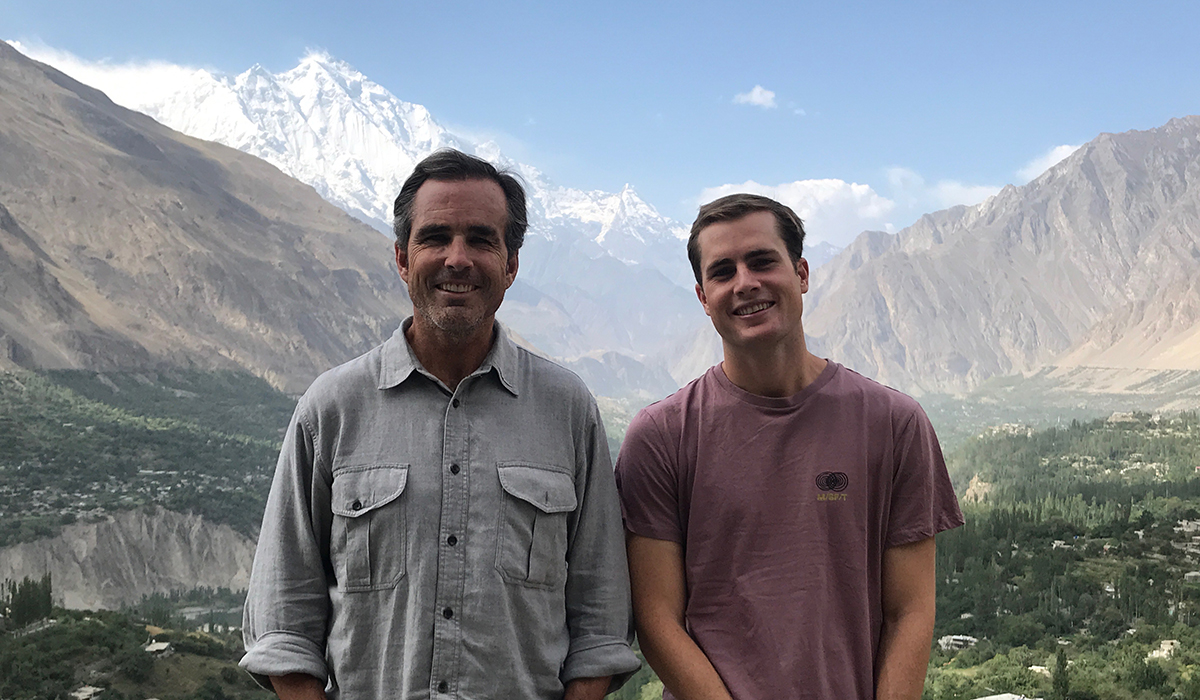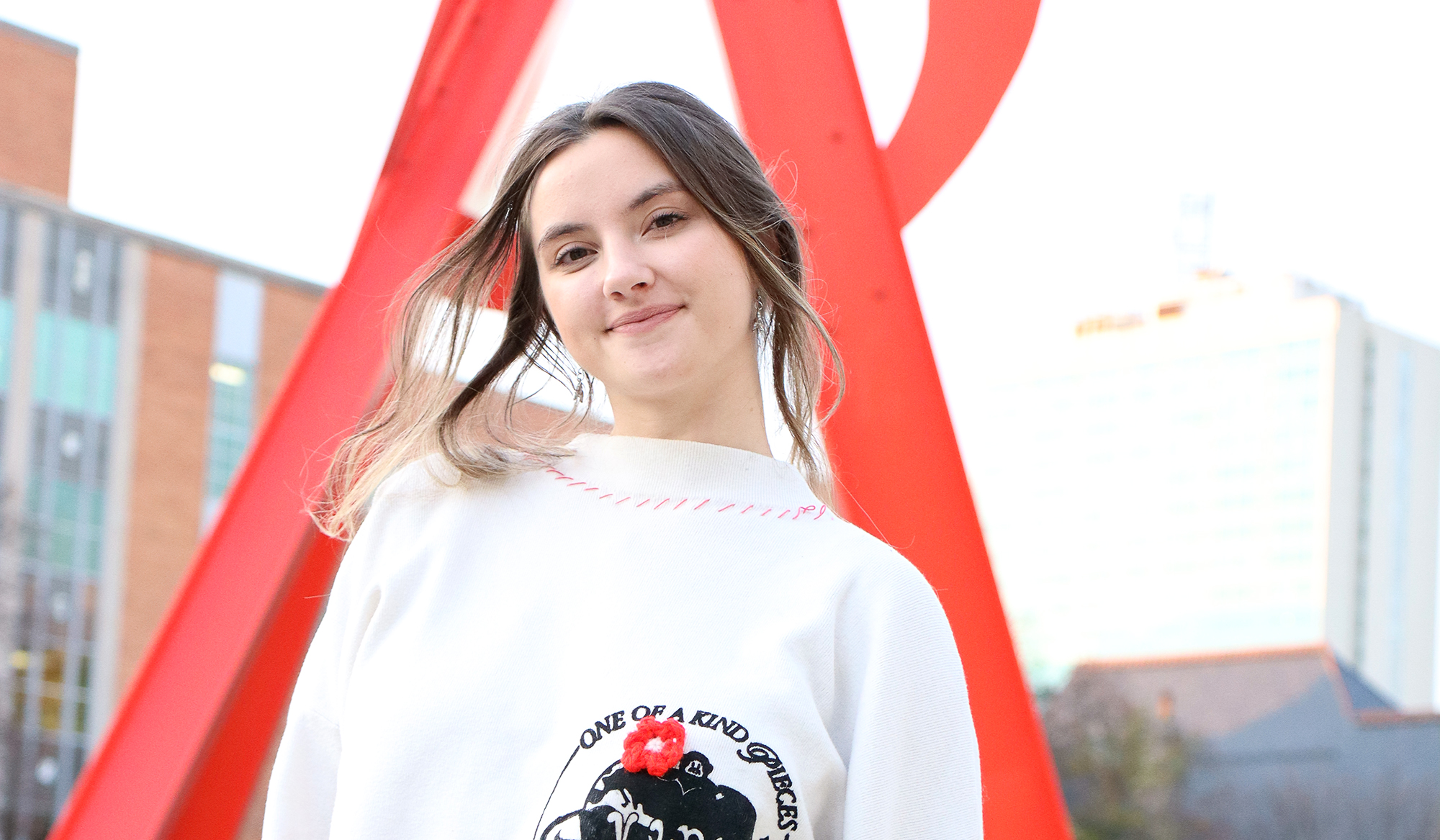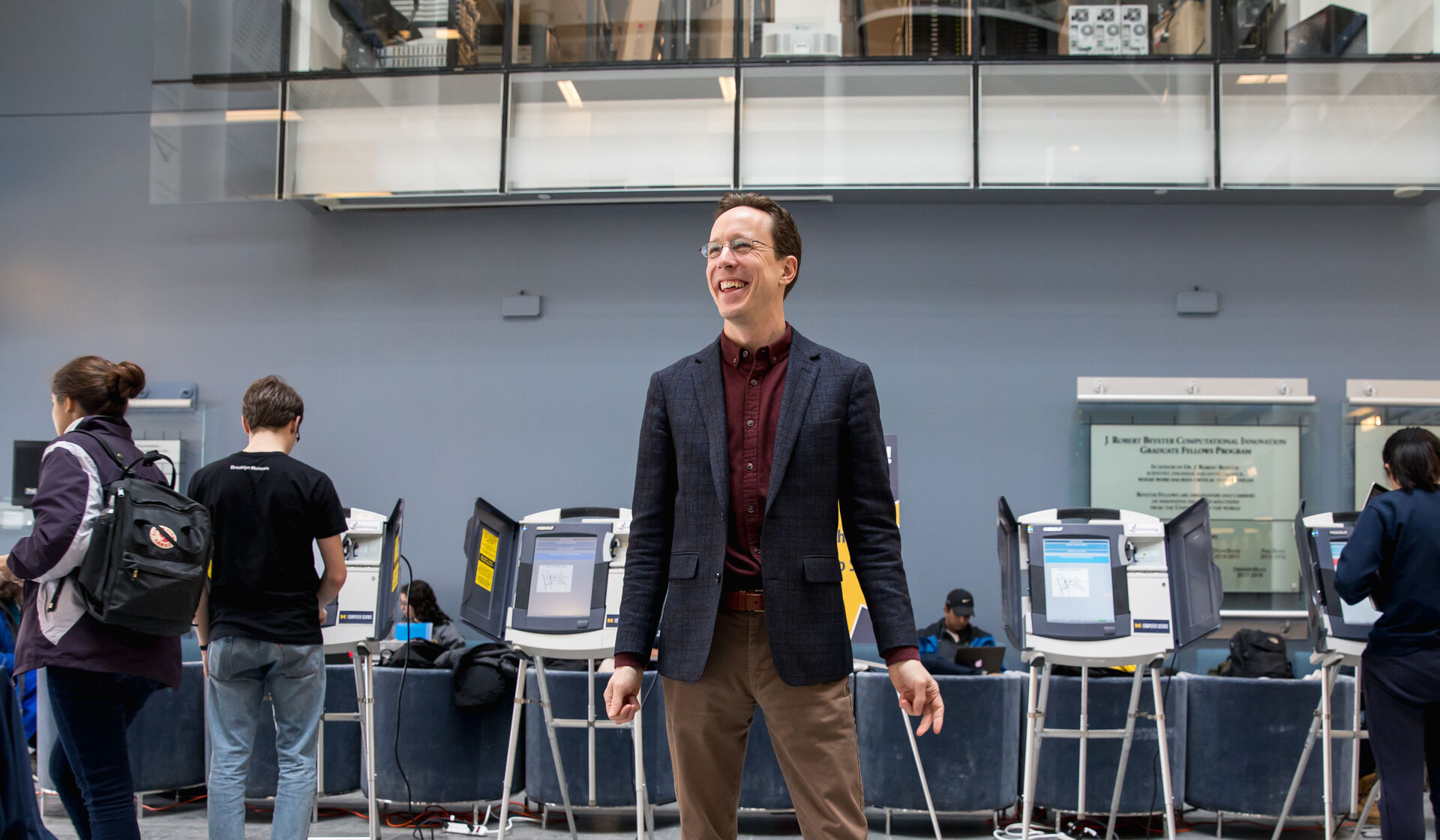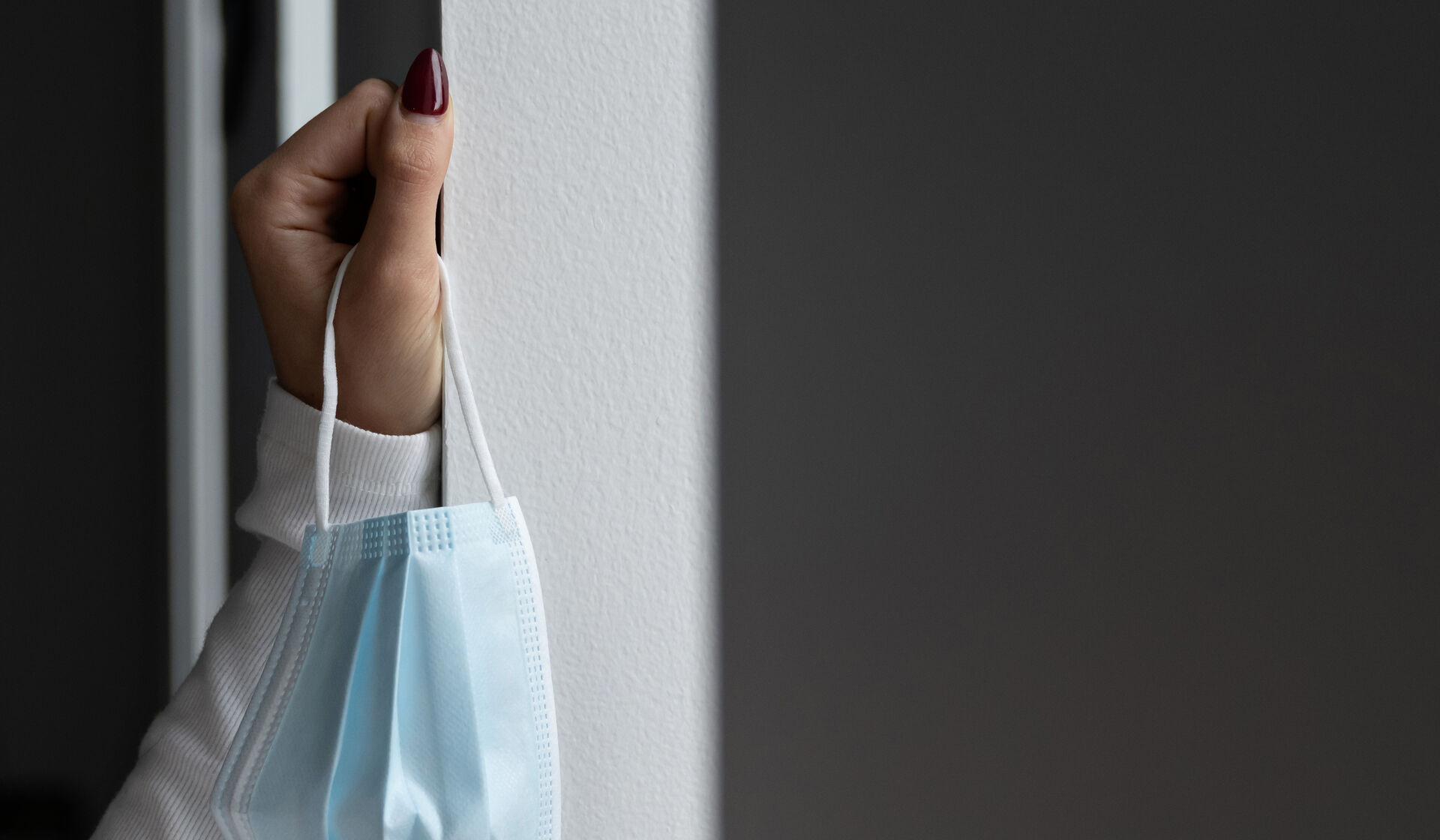What happens when you take a former war correspondent; put him in countries known for trafficking, terrorism, and turmoil; and ask him to report positive, feel-good stories? “Rogue Trip,” a series created by National Geographic and now streaming on Disney+, documents the adventures of ABC News correspondent Bob Woodruff, JD’87, and his 29-year-old son, Mack, as they travel to six countries known more for conflicts than cordiality.
Gone is the hard-edged journalist with a microphone in hand, replaced by a middle-aged father whose son pokes fun at him for asking their guides too many questions, running off to cover a breaking news story, and forgetting it is Mack’s birthday.
From July to October of 2019, the duo traveled to some of the most dangerous regions in the world, searching for the best each country had to offer. For Bob, showing Mack the positive side of these places was not just an exciting professional opportunity; it was a personal dream.
“I sometimes felt guilty that my kids’ image of me might be of this dad who is a risk-taker, who just leaves them to go to faraway places and tell stories,” he said, reached at his home in New York shortly after the series launched in July. “I wanted to get over that guilt and change my kids’ view of the world. I wanted to show them that despite the danger, there are also so many great things in these regions.”
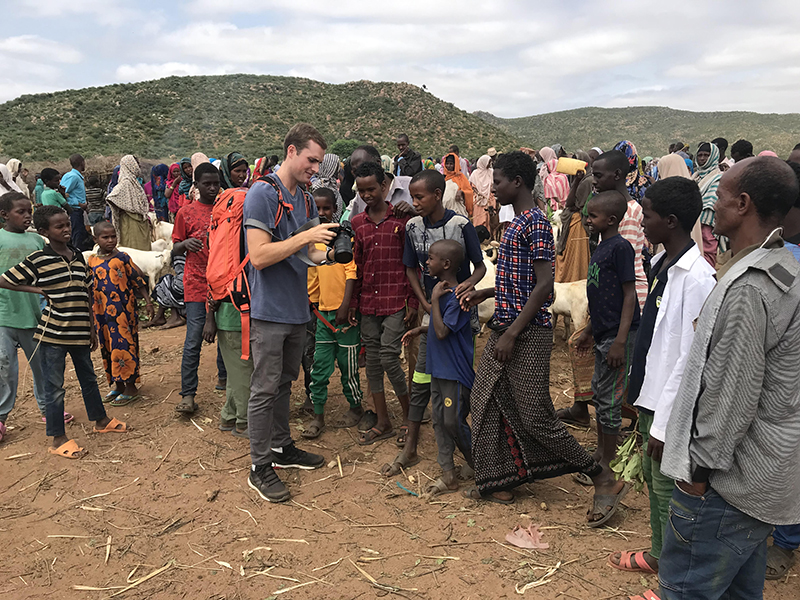
No shortage of footage proves his point. In Colombia, they rappel down a waterfall with former rebel fighters turned eco-guides. In Papua New Guinea, they receive a warm tribal welcome on an island once occupied by cannibals. In Pakistan, they play cricket and polo and visit the hometown of female education activist Malala Yousafzai, who survived an assassination attempt by the Taliban in 2012. In Lebanon, they cliff dive and in Ethiopia meet long-distance runners. Along the way, they also search for crocodiles, wrangle turtles, and feed hyenas.
Though Bob initially thought Mack might join him for just one episode of the six-part series, when Disney+ later became involved, the idea of a father-and-son journey seemed more fitting. For Mack, an aspiring cinematographer, it was a once-in-a-lifetime opportunity. He quit his job working as a photographer and videographer in Australia to join his dad.
“I have always had a huge passion for travel,” Mack said, though he never wanted to do what his father does for a living. “I know my dad wanted me to come on this trip to see things from a different perspective.”
For both men, Pakistan was a particularly poignant part of the trip. After the 9/11 attacks, Bob was one of the first Western reporters to get into Pakistan, where he waited five weeks to gain access to Afghanistan. He then became one of ABC’s lead foreign correspondents covering the war. For Mack, the country was “the place where my dad would disappear to cover 9/11.”
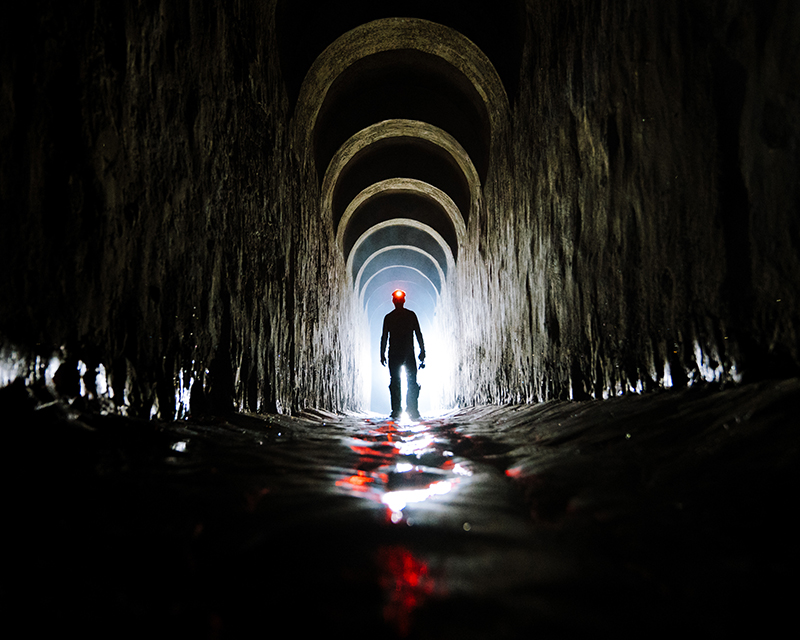
But it is in the final episode — when Cathryn, 26, joins her brother and father in Ukraine for the last leg of their trip — that Bob’s passion for new experiences turns into a heartfelt moment with his kids. In between exploring Cold War tunnels and visiting Chernobyl (site of the 1986 nuclear disaster), the three take part in a road race involving World War II Soviet tanks. Just before climbing into the tank, Mack asks his father, “Is this your first time in one since 2006?” When Bob acknowledges it will be, his kids look concerned.
On Jan. 29, 2006, a roadside bomb hit the tank Bob was riding in as an embedded reporter with the U.S. military. His injuries were so severe he ended up in a medically induced coma that lasted 36 days. His kids helped him learn to speak and read again. (Bob and his wife, Lee, also have twins Nora and Claire, 20.)
Within seconds, Bob reassures Cathryn and Mack that it will be “therapeutic” and a “big gift” to get back into a tank with two of his kids there for support. Moments later, we see him laughing as he races it toward the finish line, his children cheering him on.
Thirteen months after being wounded in Iraq, Bob returned to ABC News with his first on-air report, which chronicled his recovery and the plight of thousands of Iraq and Afghanistan service members with similar injuries. His family later established the Bob Woodruff Foundation to raise money to assist injured service members, veterans, and their families.
Since 2015, he has worked as ABC’s primary correspondent in Asia, reporting on topics ranging from the controversial treatment of Muslims in the Xinjiang province to the United States’ presence in the South China Sea. He has also been covering the computer software problems with the Boeing 737MAX.
“It is strange how full circle my career has come,” he said. After working at a law firm in New York, Bob moved to Beijing in 1989 to teach law. When the Tiananmen Square uprising occurred, CBS News hired him to work as a translator. Shortly after, he changed careers, joining ABC News, where he is now their Asia correspondent, though he is unsure when he will return there given the pandemic. Working on “Rogue Trip,” however, made him realize how much he enjoys long-form storytelling.
For him, the most challenging part of the series was getting the “editorial ratio” right. “You don’t want to be part of any government propaganda, making these countries look totally harmless and peaceful,” he said. On the contrary, on Bob and Mack’s second day in Beirut, two Israeli drones hit the media center of Hezbollah, Lebanon’s Shia Islamist political party. Mack watched his dad run to the scene.
“I could just see the adrenalin running through him when that breaking news happened,” said Mack, who did not join his father, preferring to take photos and engage with residents on the city streets.
Later, however, when they ended up at a Shia political rally, Mack began to understand and appreciate more his father’s passion and talent at covering the news. “It felt like we were swept up in living history,” he said. “I understood why my dad spends his time doing this.” Then, returning to his natural role as the teasing son, he told his father, “You know, you might be onto something with this conflict reporting.”
Jennfier Conlin, ’83, is the deputy editor of Michigan Alumnus.

